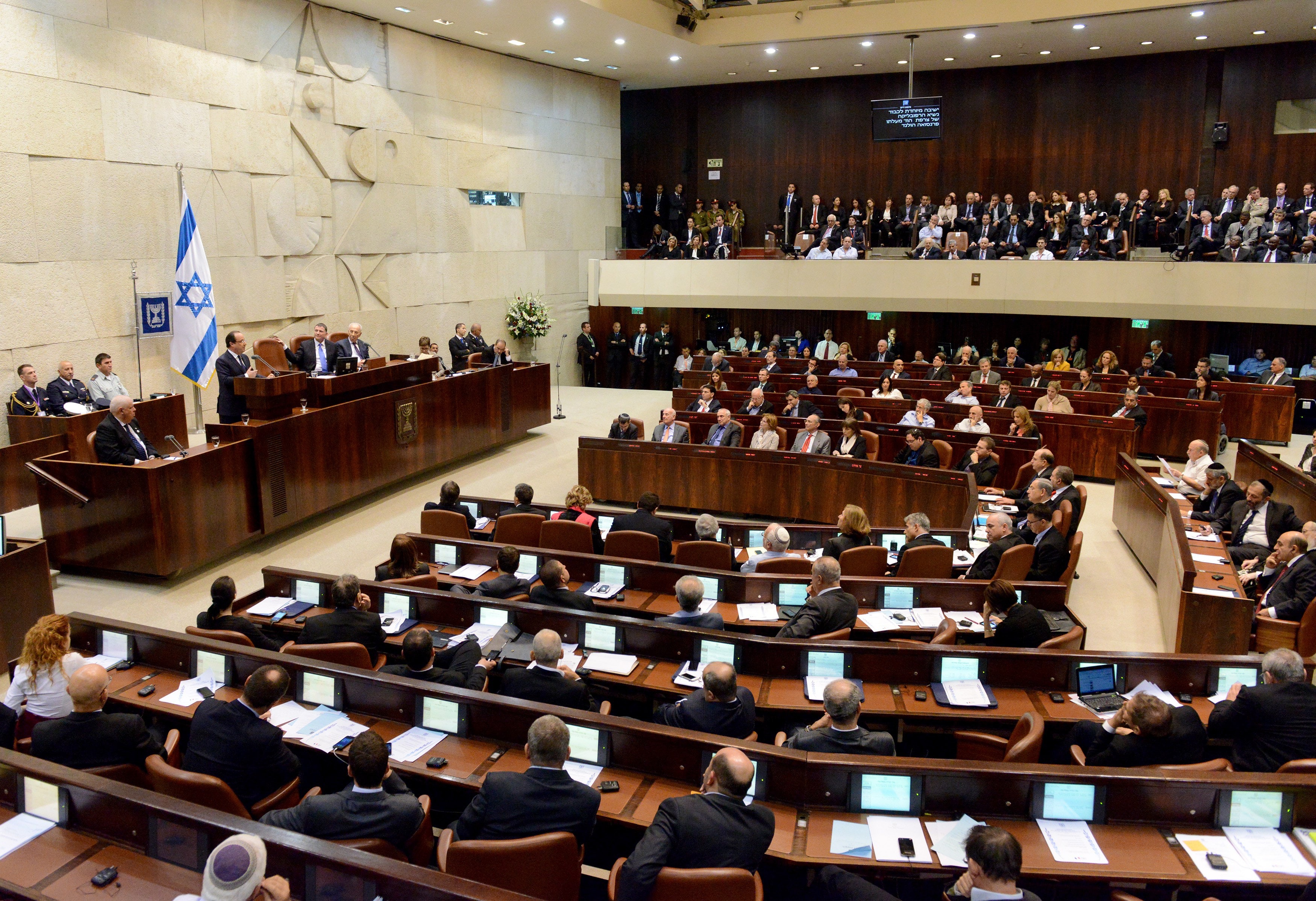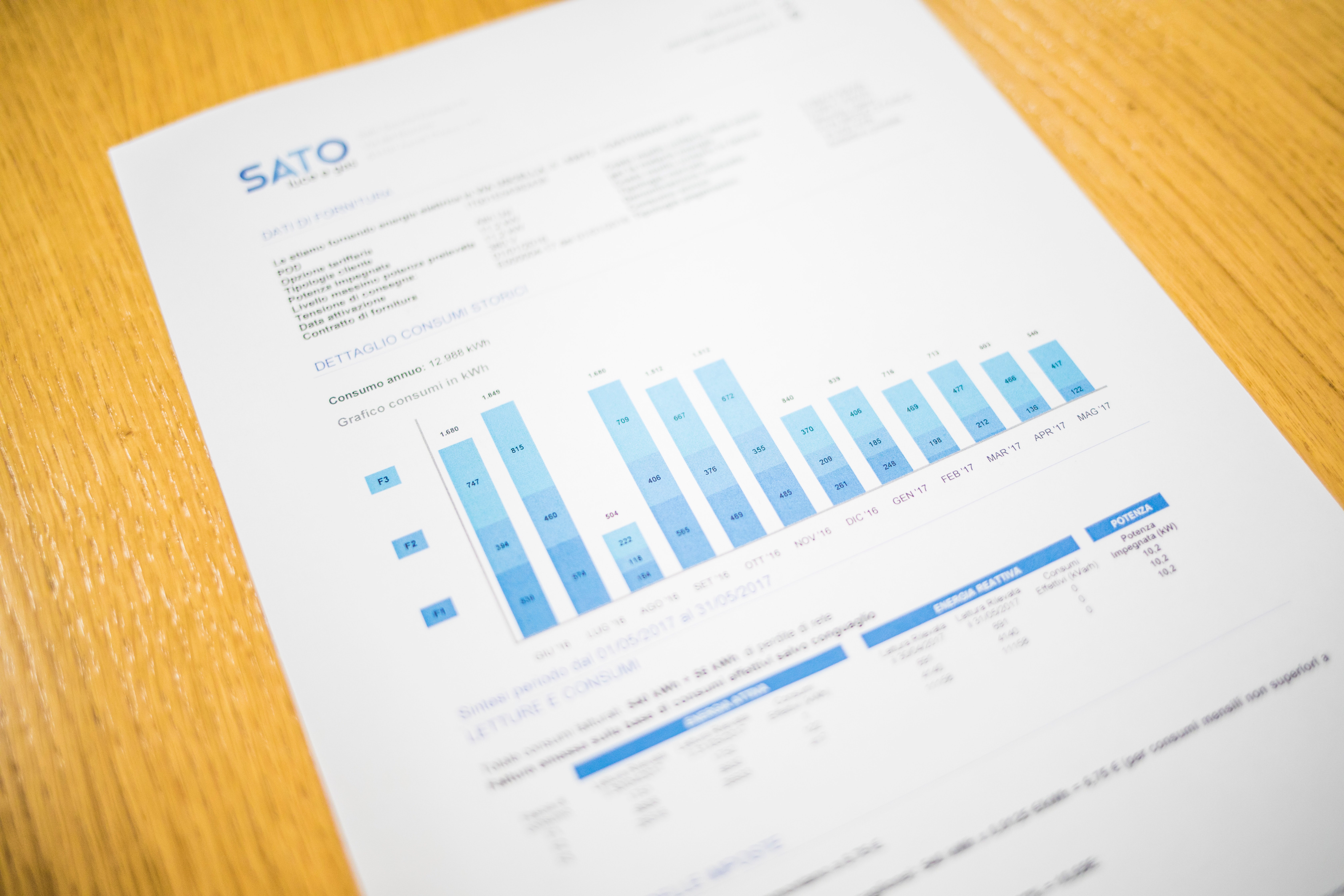The Office of Gas and Electricity Markets (Ofgem) published the 2019 report for the UK’s State of the Energy Market earlier this month, on October 3rd. The report was generated to provide a transparent analysis of the current condition of energy markets, which includes the wholesale and retail sectors.
Energy is an essential commodity for residential and commercial segments across Great Britain, with energy bills being a single-item regular expenditure. In total, businesses and households spend an average of £55 billion on energy per year.

There has been an ongoing debate from the public about energy supply, its affordability, and environmental impact among other factors. In this report, Ofgem – as an independent energy regulator – works to satisfy consumers’ interests. Its strategic narrative this year included decarbonisation for a net-zero economy, consumer protection, and enablement of innovation and competition to lower prices at the market.
The regulator has also implemented a price cap to default tariffs as per government legislation last January. The aim of this is to protect over 11 million consumers by setting the maximum price which suppliers can charge per unit of energy. The price cap is set to be lifted by 2023, and Ofgem is required to assess whether the cap could be lifted earlier based on the condition of the retail market.
The Summary
The UK is still a frontrunner in greenhouse gas emission reduction, with a remarkable 42% decrease since 1990. This cut proves better reduction than other advanced economies and can be attributed to the decarbonisation of power generation. However, the progress has slowed, from 3% in 2018 to only 2.5% this year.
Renewables have generated 33% of the country’s electricity last year. Specific Government policies have aided the growth of solar and wind power and penalised coal plants that set a carbon price.
Transport remains the single largest source of UK’s carbon emissions. Partly due to the increase in alternative-fuel vehicles, the numbers went down to only 3% last year. Now, it accounts for 2% of licenced cars in Great Britain that are on the road.

The Government has revealed its plans to achieve net-zero carbon emissions by 2050 as an answer to the Committee on Climate Change (CCC) calls. The Government acknowledges the need for significant investment and relevant policies to support low-carbon technologies and innovations for decarbonisation of businesses and homes.
Ofgem vows to help meet the target by helping decarbonising efforts while also granting the lowest cost for the consumers. The organisation is set to discuss the details early in 2020.

Competition in the retail energy market continues to progress this year. The switching rate went up from 19% last year to 20% in June 2019, benefitting medium suppliers the most. It has led to a 7% increase in electricity and 5% in gas to an overall of 20% of consumers. The medium suppliers also gained some of the smaller suppliers’ customers after they exited the market.
The six more prominent suppliers, known as the ‘Big 6’, have experienced a weakening of their market dominance. They have lost around 1.3 million consumers, with market shares falling from 75% to only 70% of customers this year. Smaller suppliers went down a percentage point in market share from 10% in 2018 to 9% in 2019.
Consumers who went shopping for new deals chose to use a price comparison website (49%), more than auto-switching (2%), and auto-scanning notifications (8%). Meanwhile, 29% of consumers said they never made any switch, a decrease from last year’s 34%.
On the price cap implementation, the Big 6 charged at the upper cap limit while small and medium suppliers charged their customers around £43-£78 below cap.
Micro businesses tend to be on the losing side of default tariffs, paying 30% more than average expenditure for electricity and twice as much for costs on gas.
Ofgem Imposes Renewables Obligations bill
Meanwhile, Ofgem has implemented the Renewables Obligations bill by issuing a final order to Gnergy Ltd. to pay its dues as the supplier failed to meet the original deadline. It has an outstanding payment amounting to £673,876.62 plus interest.

Based on the framework, suppliers are obligated to secure Renewables Obligation Certificates that prove they met the minimum requirement for electricity taken from renewable energy sources. The ROC should have been presented last September 1st to Ofgem.
Gnergy Ltd. failed to present ROCs or pay the buy-out fund before the said date. It has until the end of this month to secure the payment.
Other suppliers issued with final orders include Robin Hood Energy Ltd, Delta Gas and Power Ltd, and Toto Energy Ltd. As of late, Toto Energy Ltd has ceased to trade.
